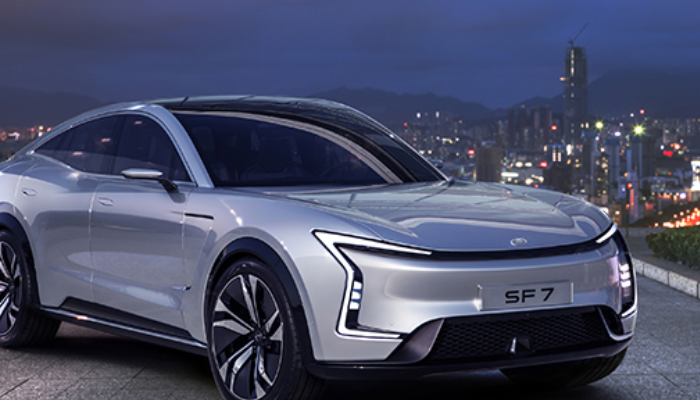In recent years, the automotive industry has experienced a significant transformation with the advent of advanced car technologies. From electric vehicles to autonomous driving systems, technological advancements are reshaping the way we think about cars and their impact on the environment, safety, and overall driving experience.
The future of automotive technology holds immense promise and is set to revolutionize the way we commute and interact with vehicles. In the carautomix, have some tips how to maintenance of your car. In this article, we will explore some of the key trends and innovations that are shaping the future of car technology.
Electric Vehicles (EVs):
The Rise of Clean Mobility Electric vehicles have gained considerable momentum in recent years, and they are poised to be a dominant force in the future of the automotive industry. With advancements in battery technology, EVs now offer longer driving ranges, faster charging times, and increased affordability.
The shift towards electric vehicles is driven by the need for cleaner and more sustainable modes of transportation, as governments and consumers alike recognize the environmental benefits of zero-emission vehicles. The future will witness a wider range of EV models, increased charging infrastructure, and innovative battery technologies that will further enhance the driving range and efficiency of electric vehicles
Autonomous Driving:
Towards Safer Roads Autonomous driving technology is rapidly evolving and holds the promise of transforming the way we commute. While fully autonomous vehicles are not yet commonplace on public roads, significant strides have been made in developing advanced driver-assistance systems (ADAS).
These systems incorporate features like adaptive cruise control, lane-keeping assist, and automatic emergency braking, enhancing safety and reducing the risk of accidents. The future of autonomous driving technology aims to achieve higher levels of autonomy, where vehicles can navigate complex traffic scenarios without human intervention. This technology has the potential to greatly reduce accidents, congestion, and fuel consumption, making roads safer and more efficient.
Connected Cars:
The Era of Smart Mobility Connected car technology is revolutionizing the driving experience by integrating vehicles with the internet and other devices. By leveraging advanced sensors, cameras, and communication systems, connected cars can gather real-time data about road conditions, traffic patterns, and weather.
This data can be used to provide personalized services, such as optimized routing, predictive maintenance, and enhanced safety features. Additionally, connected cars enable seamless integration with smartphones and other devices, allowing drivers to access their favorite apps, stream music, and receive important notifications while on the go. The future of connected cars will see increased vehicle-to-vehicle (V2V) and vehicle-to-infrastructure (V2I) communication, creating a comprehensive network of smart mobility.
Augmented Reality (AR) and Heads-Up Displays (HUDs):
Enhancing the Driving Experience Augmented reality and heads-up display technologies are transforming the way drivers interact with their vehicles and the surrounding environment. AR systems overlay real-time information onto the driver’s field of view, providing essential data like navigation instructions, speed limits, and hazard warnings without distracting them from the road.
HUDs, on the other hand, project information onto the windshield, allowing drivers to view critical information while keeping their eyes on the road. These technologies enhance situational awareness, improve driver safety, and create a more intuitive and immersive driving experience. In the future, AR and HUD technologies will become more advanced, offering even more interactive and personalized features.
Energy Efficiency and Sustainability:
Greening the Automotive Industry As the world faces the challenges of climate change and depleting fossil fuel resources, the automotive industry is prioritizing energy efficiency and sustainability. Car manufacturers are investing heavily in lightweight materials, aerodynamic designs, and efficient powertrains to reduce fuel consumption and emissions.
Additionally, renewable energy sources, such as solar panels integrated into vehicles, are being explored to power auxiliary systems and charge electric vehicle batteries. The future of automotive technology will focus on further reducing the environmental impact of cars, promoting eco-friendly manufacturing processes, and developing alternative energy solutions to achieve a greener and more sustainable transportation ecosystem.
In conclusion, the future of automotive technology holds immense potential for transforming the way we commute, interact with vehicles, and impact the environment. Electric vehicles, autonomous driving, connected cars, augmented reality, and sustainable practices are key areas driving innovation in the automotive industry.
As these technologies continue to advance, we can look forward to cleaner, safer, and more connected roads, ultimately shaping a smarter and more sustainable future for mobility. The cars of tomorrow will not only redefine transportation but also enhance our lives in numerous ways, making our journeys more efficient, enjoyable, and environmentally friendly.





















Comments